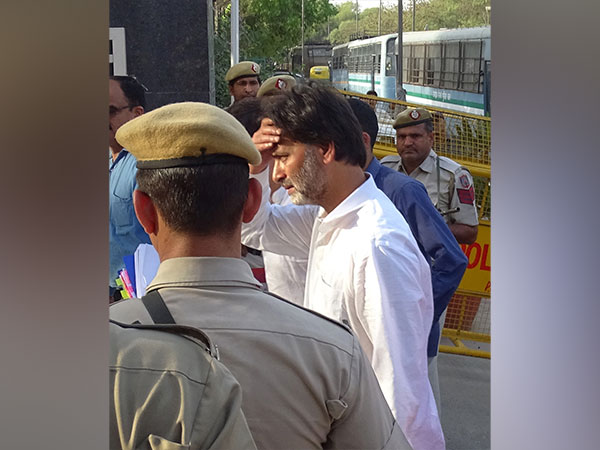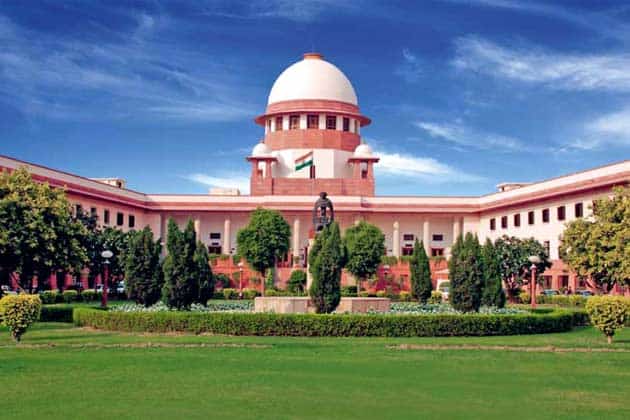Solicitor General Tushar Mehta on Friday expressed his concern at Jammu Kashmir Liberation Front (JKLF) chief Yasin Malik’s presence in the Supreme Court today and wrote a letter to Home Secretary Ajay Bhalla, flagging the issue of security to Malik.
Yasin Malik, who is serving a life sentence in Tihar Jail after being convicted in a terror funding case, was presented before the top court for a hearing on a CBI plea against Jammu court order.
Stating that Yasin Malik’s presence in Supreme Court was a serious security lapse raising apprehension that he could have escaped, forcibly taken away or could have been killed, Mehta said, “It is my firm view that this is a serious security lapse. A person with a terrorist and secessionist background like Mr Yasin Malik who is not only a convict in a terror funding case but has known connections with terror organisations in Pakistan could have escaped, could have been forcibly taken away or could have been killed.”
In his letter to Bhalla, Mehta further said that even the security of the Supreme Court also would have been put at serious risk if any untoward incident were to happen.
“In any view of the matter so long as the order under section 268 of CrP Code subsists, jail authorities had no power to bring him out of jail premises nor did they have any reason to do so,” the SG said.
The Solicitor General further said that considering this to be a matter serious enough to once again bring it to your personal notice so that suitable action and steps can be taken at your end.
In the letter, it was mentioned about an order passed by the Ministry of Home Affairs with regard to the said Yasin Malik under section 268 Criminal Code of Procedure which prevents the jail authorities to bring the said convict out of the jail premises for security reasons.
“Everyone was shocked when news was received that the jail authorities are bringing Yasin Malik personally to appear before the Supreme Court as per his desire to appear as party in person,” he said.
The letter also mentioned about SG had telephonically intimated Home Secretary about this fact, however, by that time Yasin Malik had already reached the precincts of the Supreme Court of India.
Neither the Court had summoned his personal presence nor was any permission taken from any authority of the Supreme Court of India in this regard.
“When I enquired from the officer who was in charge of the security of Mr Yasin Malik in the Supreme Court, the only thing he could show me was a printed notice in a general format of the Supreme Court which is sent with regard to every party to any matter in the Court. The said printed notice informs the recipients of the notice to appear before the Court either in person or through an authorised Advocate,” SG said.
He also said that printed notice in a general format of the Supreme Court is not either the permission of the Supreme Court to bring a convict facing an order under section 268 of CrP Code to come out of jail nor it is requiring mandatory personal presence of the recipient of the order. (ANI)
Read More: http://13.232.95.176/


